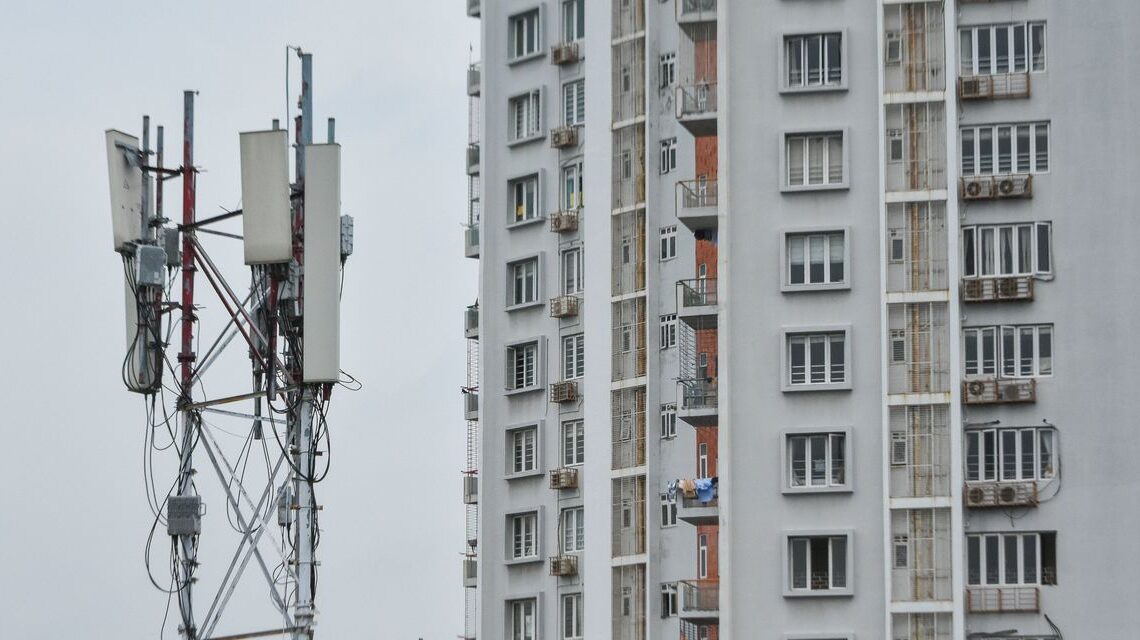NEW DELHI—Indian telecom operators bid aggressively in the first government auction for 5G airwaves in the world’s second-biggest wireless market after China.
The battle for next-generation airwaves saw telecom giants Reliance Jio Infocomm Ltd.,
Bharti Airtel Ltd.
and
Vodafone Idea Ltd.
put in bids worth over 1.49 trillion rupees ($18.6 billion), nearly double the government’s initial estimates.
“It’s a welcome surprise as we had estimated around 900 billion rupees from the spectrum sale. We feel the industry has come out of the difficult phase, and is now looking for better services and a phase of growth,” said
Ashwini Vaishnaw,
who heads the ministry that oversees telecommunications, referring to recent years of financial stress for the industry amid fierce competition among operators, and growing dues to the government for fees and spectrum charges.
The minister said Indian companies are laying the groundwork to put in place technology stacks for 5G services locally, as well as exploring opportunities for taking their services to the world.
“This gives me a huge satisfaction that India is heading towards being global in 5G services,” he said.
New Delhi hopes to complete the allocation of the airwaves by mid-August, and roll out 5G services in key cities by September or October, the minister said.
India has been lagging behind the rest of the world in terms of setting up networks for the rollout of 5G technology, billed as key to ushering in a new era of digitally connected industries. The airwaves auction, which kicked off Tuesday, brings the nation closer to launching the services, which are far faster than the present fourth-generation networks. The auction earnings will also be a financial boost for Prime Minister
Narendra Modi’s
government, which is battling high inflation and looking to rein in a ballooning fiscal deficit.
New Delhi had put on sale 72 gigahertz of airwaves for a 20-year tenure in various frequency bands ranging from 26 gigahertz to 600 megahertz. The government permitted companies to pay in 20 equal installments to ensure a successful auction at a time it is trying to catch up with nations such as South Korea and China that have had 5G networks for years. The 5G rollout in the U.S., meanwhile, has faced…
Click Here to Read the Full Original Article at WSJ.com: World News…

